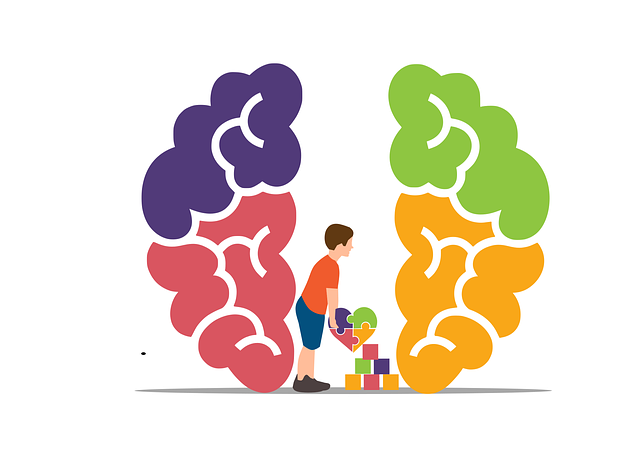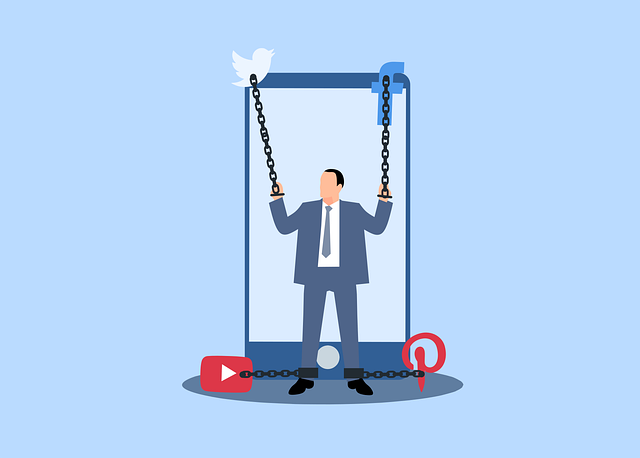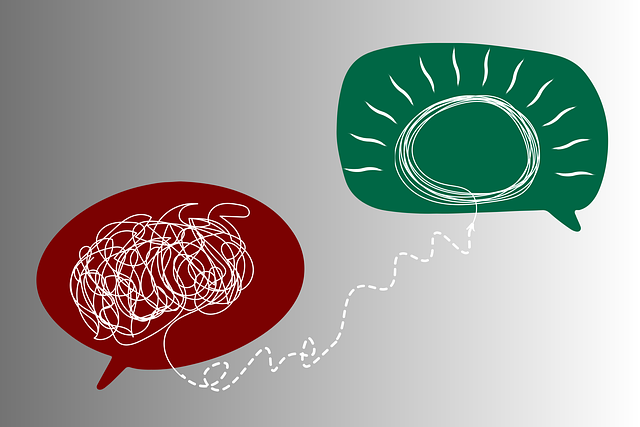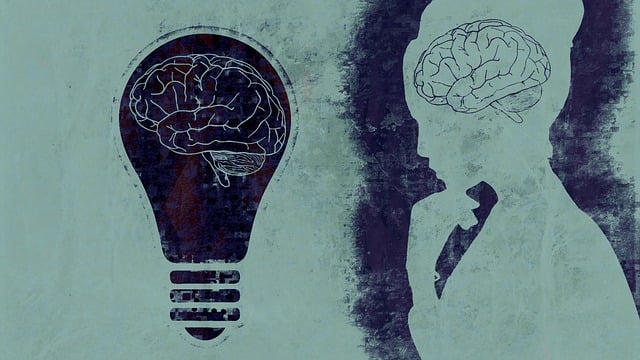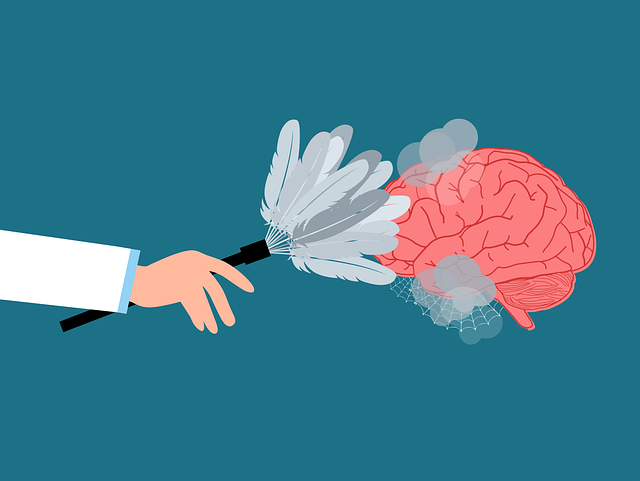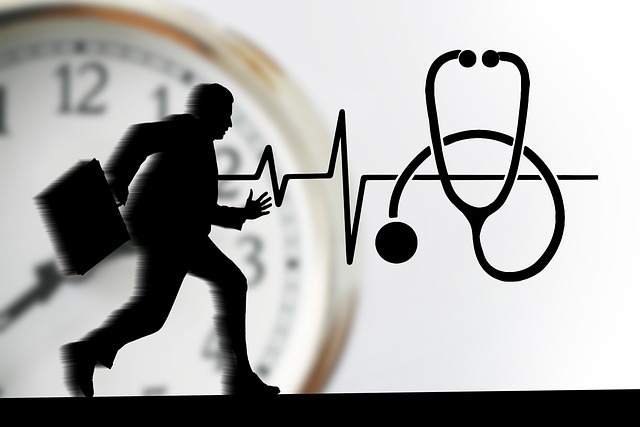Adolescent mental health, especially pain management, requires tailored strategies due to unique challenges like anxiety, depression, and chronic pain. Effective self-assessment tools should incorporate empathy-building techniques and mindfulness meditation, enhancing teens' stress management and emotional processing. A holistic approach, supported by policy analysis and advocacy, ensures teens receive necessary care for both physical and emotional pain management. Therapy for Adolescent Teens Pain Management focuses on resilience-building, crisis intervention, and self-awareness exercises to empower teens in controlling their mental wellness and overall well-being.
Mental wellness self-assessment tools play a pivotal role in supporting adolescent health, particularly in managing pain. This article delves into the development and integration of these tools, focusing on understanding the unique mental health challenges faced by teens and their impact on pain perception. We explore evidence-based methods for creating effective self-assessments and strategies for therapists to incorporate them into treatment plans for better therapy for adolescent teens pain management. By fostering self-monitoring, adolescents can gain ownership of their mental well-being.
- Understanding Adolescent Mental Health and Pain Perception
- – Exploring the unique challenges of mental wellness in teens
- – The impact of stress, anxiety, and depression on pain management for adolescents
Understanding Adolescent Mental Health and Pain Perception

Adolescent mental health is a critical area that demands tailored approaches due to the unique challenges faced by young people during their formative years. Teens often struggle with issues like anxiety, depression, and chronic pain, which can significantly impact their daily lives and overall well-being. Understanding how adolescents perceive and cope with pain is essential in developing effective self-assessment tools for mental wellness.
Pain management strategies, such as empathy-building techniques and mindfulness meditation, play a vital role in helping teens navigate their emotional struggles. By fostering empathy between patients and healthcare providers, these strategies create supportive environments that encourage open communication about mental health concerns. Additionally, integrating mindfulness practices into self-assessment tools can enhance adolescents’ ability to manage stress and process difficult emotions. This holistic approach, supported by robust mental health policy analysis and advocacy, ensures that teens receive the necessary care and resources for both their physical and emotional pain management.
– Exploring the unique challenges of mental wellness in teens

Mental wellness among teens presents a unique set of challenges, largely due to the rapid changes they experience during adolescence. This period is characterized by intense emotional shifts, peer pressure, academic demands, and the onset or exacerbation of mental health conditions. According to recent studies, teenage years are a critical time for developing lifelong habits that impact mental resilience and overall wellness. Therefore, creating self-assessment tools tailored to teens is essential for identifying early signs of distress, such as anxiety, depression, and even substance abuse.
The development of these tools should consider the distinct needs and communication styles of adolescents. Incorporating techniques from therapy for adolescent teens, particularly those focused on pain management and stress reduction, can be beneficial. Workshops aimed at promoting self-esteem improvement and effective stress management skills are gaining traction in schools and communities. By integrating these strategies into self-assessment frameworks, we can empower teens to take charge of their mental health and foster a healthier, more supportive environment.
– The impact of stress, anxiety, and depression on pain management for adolescents

Stress, anxiety, and depression significantly impact pain management in adolescent teens. These mental health challenges often co-occur with chronic pain, creating a complex interplay that can exacerbate symptoms and hinder recovery. Research indicates that without proper support, young individuals may struggle to navigate the emotional toll of managing persistent pain, leading to increased vulnerability and potential long-term health consequences.
Effective therapy for adolescent teens focused on pain management should incorporate resilience-building strategies alongside crisis intervention guidance. Self-awareness exercises can empower teens to recognize and manage their mental wellness, fostering a sense of control over their bodies and emotions. By addressing both the physical and psychological aspects of pain, holistic approaches can significantly enhance their overall well-being.
Mental wellness self-assessment tools are crucial for identifying and addressing the unique challenges faced by adolescent mental health. By understanding the intricate relationship between stress, anxiety, depression, and pain perception in teens, we can develop targeted interventions like therapy for adolescent teens’ pain management. These efforts ensure that young individuals receive the necessary support to navigate their emotional landscapes and foster overall well-being.

